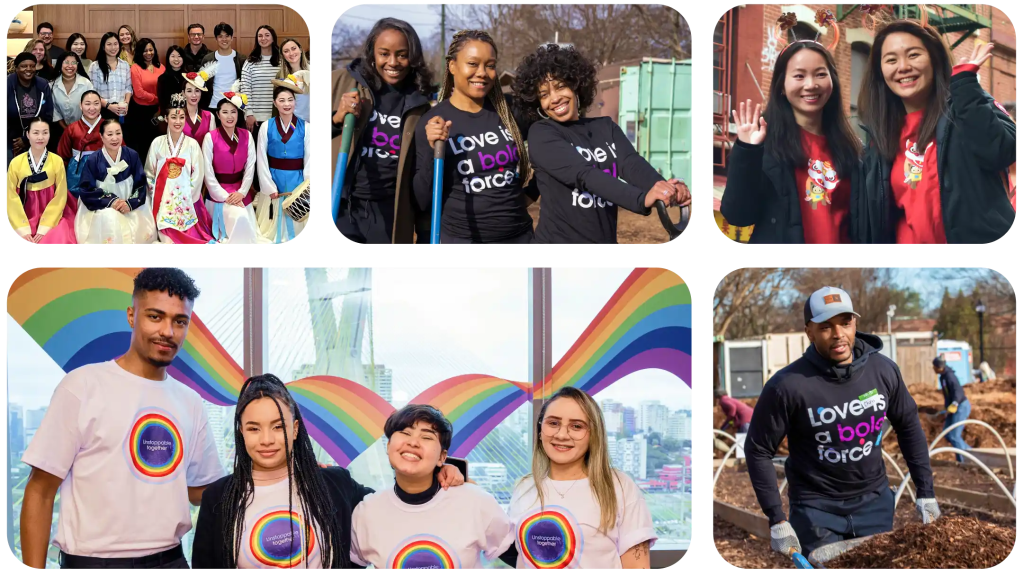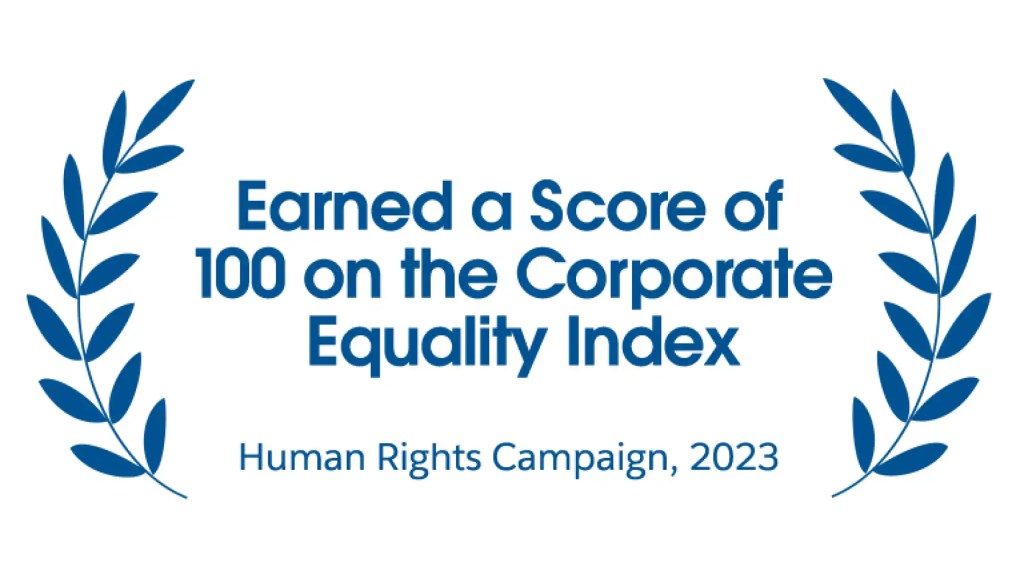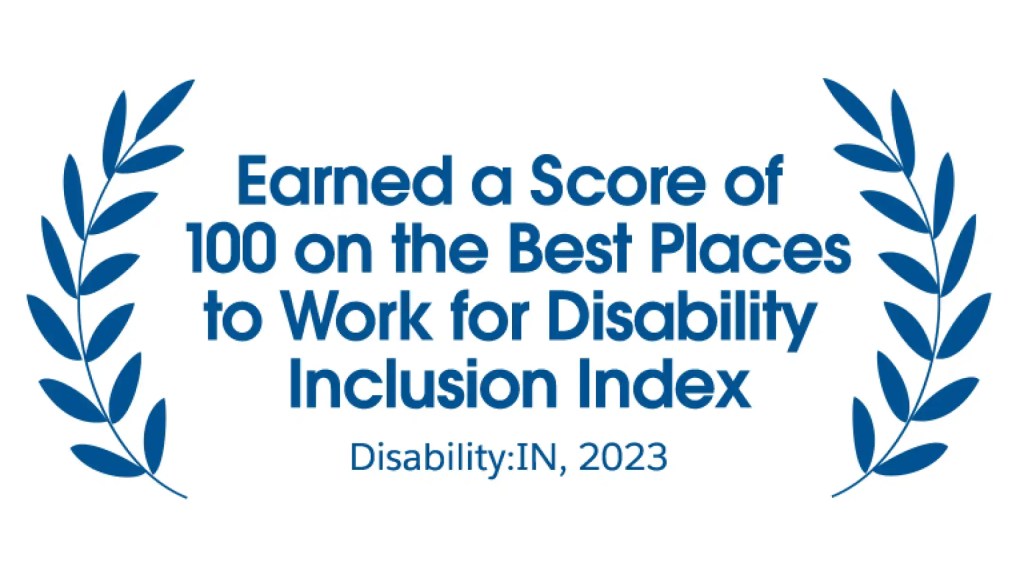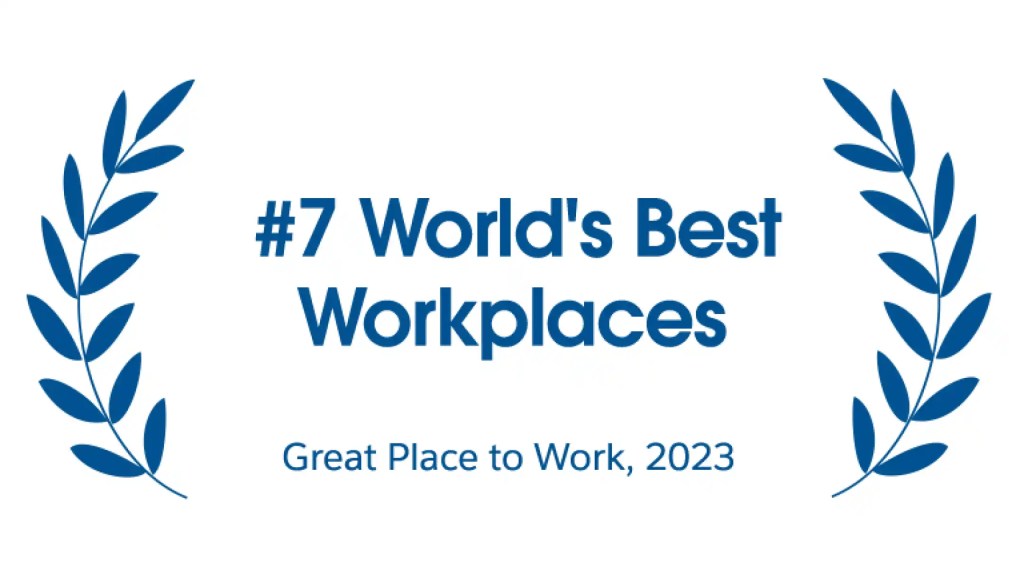Let's build a more inclusive workplace and world.
At Salesforce, our commitment to equality does not waver. This ignites our culture and energizes us to deliver for customers, partners, and our communities, to move closer to equality for all.
At Salesforce, our commitment to equality does not waver. This ignites our culture and energizes us to deliver for customers, partners, and our communities, to move closer to equality for all.
Our aspiration is to create a workplace that looks like society. Transparency and accountability are key to advancing representation, so we've set these goals for 2030, and we continually review our progress.








Every year we share our progress, and we continue to aim higher. Here's an interactive look at where we stand:
We aim to understand all of our underrepresented communities by collecting data through our voluntary Self ID initiative. Our goal is more comprehensive completions of Self ID including the additional categories shared below.



Equality is not just a moment, a program, or an initiative — it’s our culture. Beyond being a core value, it’s how we innovate and lead.
Alexandra Legend SiegelChief Equality Officer, Salesforce
We are committed to driving equality for all of our stakeholders — employees, customers, partners, and society at large. See how we're advancing this work.
We continue to take action for racial equality and justice all across our ecosystem.
We work to ensure our products are developed and used ethically and uphold the fundamental human rights of every individual.
We strive to be accessibility Trailblazers, ensuring equal access to all our products and workplaces.
We address pay gaps by race and gender each year. In 2024, employees performing similar jobs were paid on par across genders globally and race in the U.S.
We have invested $100 million in San Francisco and Oakland public schools and more than $165 million worldwide.
Our advocacy work focuses on police reform, criminal justice reform, LGBTQ+ equality, climate justice, and the protection and expansion of voting rights in the U.S.
We expand access to resources for diverse business owners and vendors through our Supplier Diversity and Inclusion program.
We upskill Trailblazers through the Pathfinder program, Salesforce Military, and Trailhead. We also hire untapped talent through Year Up and Ada Developers Academy in the U.S., and apprenticeship providers like FIT and Multiverse in EMEA.
Our employees are at the center of everything we do. We strive to support every employee leading change within our business, industry, and society. Learn how our 13 Equality Groups are a unifying force around the globe.

At Salesforce, we are blazing new trails in enterprise software every day while focusing on our mission of improving the state of the world and driving equality for all. Join us on our path to equality.



EEO-1 and Equal Opportunity Policy
Our annual EEO-1 Report is available for download below, representing employees as of 2022. Please note that due to the EEO-1 reporting schedule, the numbers reflected in the below form are representative of a point in time in December 2022, and not our current 2023 data. The EEO-1 Report is a snapshot in time of our U.S. demographics and based on categories prescribed by the federal government. These categories are not necessarily representative of how our industry or workforce is organized. The information provided on our Equality page is a more accurate representation of our progress toward diversity.
To align with U.S. government reporting requirements, data in this report uses categories of male and female. Salesforce deeply respects that gender is non-binary and different from sex assigned at birth; reporting in this manner does not represent our position.
Note: Totals may not add to 100% due to rounding.
Download Employer Information EEO-1 Report.
Equal Opportunity Employment Policy
Salesforce is an equal opportunity employer and maintains a policy of non-discrimination with all employees and applicants for employment.
What does that mean exactly? It means that at Salesforce, we believe in equality for all. And we believe we can lead the path to equality in part by creating a workplace that's diverse, inclusive, and free from discrimination.
Any employee or potential employee will be assessed on the basis of merit, competence and qualifications – without regard to race, religion, color, national origin, sex, sexual orientation, gender expression or identity, transgender status, age, disability, veteran or marital status, political viewpoint, or other classifications protected by law.
This policy applies to current and prospective employees, no matter where they are in their Salesforce employment journey. It also applies to recruiting, hiring, job assignment, compensation, promotion, benefits, training, assessment of job performance, discipline, termination, and everything in between. Recruiting, hiring, and promotion decisions at Salesforce are fair and based on merit. The same goes for compensation, benefits, promotions, transfers, reduction in workforce, recall, training, and education.
More Information and Definitions:
*Salesforce defines leaders as the Director and above levels.
**Underrepresented Minorities (URM) refers to ethnic or racial groups whose population in tech is disproportionately low compared to the population in society. In the U.S., we are referring to Black, Hispanic and Latinx, Native American, Native Hawaiian and Other Pacific Islander, and Multiracial employees. Multiracial employees are those who self-identify as ""two or more races".
***For all of our representation goals, Salesforce reports on data gathered at the end of our fiscal year, which is January 31. For 2023 goals, that is Jan. 31, 2024. For our 2030 goal, that will be Jan. 31, 2031.
At Salesforce, we strive to create an accessible and inclusive experience for all candidates.
If you need assistance and/or an accommodation due to a disability during the application or the recruiting process, please send a request via the Accommodation Request Form.
SEARCH JOBS
JOIN OUR TALENT COMMUNITY
For information on Salesforce's commitment regarding your privacy, please see our Candidate Privacy Statement.
To manage your communication preferences, please visit our Preference Center.